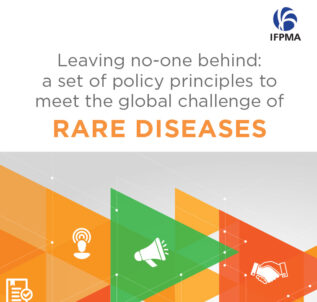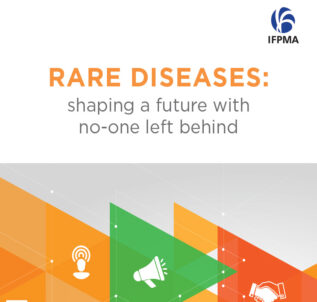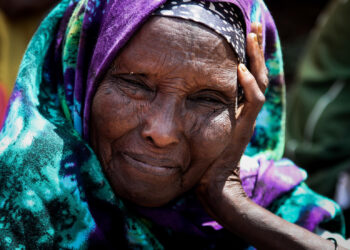Rare diseases


The innovative pharmaceutical industry is not only driving treatment innovation for rare diseases, but also engaging in debates and policy development on how to best meet the needs of people living with rare diseases.
Overview
Rare diseases pose a unique challenge to patients, their families, societies, healthcare professionals, and healthcare systems. They require ‘orphan drugs’, or drugs that are uniquely developed to target rare conditions.
But developing orphan drugs to treat rare diseases is a risky and complex undertaking for the innovative pharmaceutical industry since the number of rare diseases patients are small and widely dispersed.
Because there are not enough clinical centers or sufficient expertise, major logistical and regulatory issues exist.
Despite these shortcomings, the pharmaceutical industry has more than 700 medicines in development, targeting many known rare diseases.
rare diseases have been identified worldwide
people are affected by rare diseases worldwide
are genetic with others the result of infections, allergies, and environmental causes
IFPMA’s approach to rare diseases
IFPMA considers rare diseases not in isolation but as a significant factor in health policy frameworks. We believe:
- Rare diseases patients’ needs are a public health priority
- Patients must be empowered by access to information, patient-reported outcome registries, and active participation in regulatory decisions
- Continued R&D into rare diseases is essential, along with an enabling environment, including a supportive regulatory and intellectual property (IP) framework
- Sustainable patient access to diagnostics, treatment, and care is vital.
In the United States, over 400 products have been approved as therapy for more than 200 rare disease indications and, in the European Union, over 70 products for about 45 indications. But there is still a vast gap in terms of access to therapeutics, diagnostics, and availability of disease burden data in LMICs.
Leaving no patient behind
To manage their diseases, people living with rare diseases need equitable and timely access to tools, health care infrastructure, and supportive care. We have proposed a set of guiding principles toward the design of a global policy ecosystem that recognizes the need to improve the lives of patients with rare diseases.







